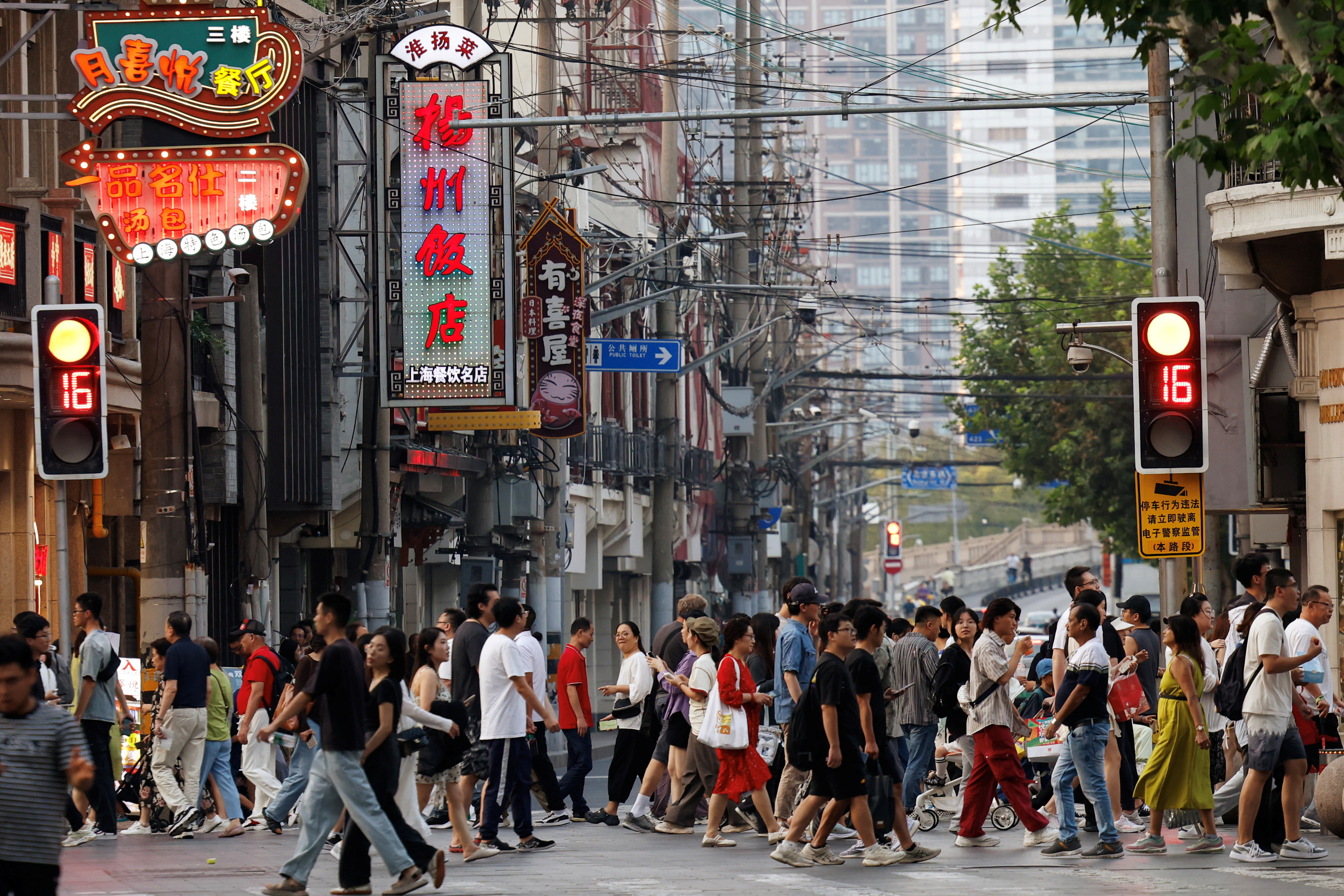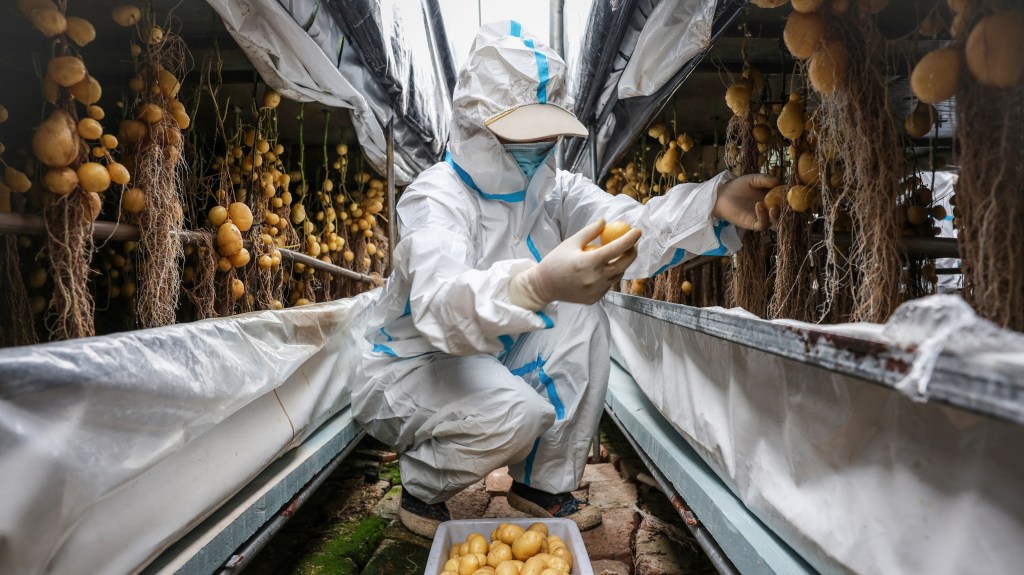China Adjusts Monetary Policy After 14-Year Period
Chinese officials have declared a shift towards a “moderately loose” monetary policy as new indicators point to persistent deflationary trends impacting the nation’s economy, which is the second largest globally.
The Politburo, comprising senior members of the Chinese Communist Party, revealed plans to adopt “more proactive fiscal policies” aimed at rejuvenating the slowing economic growth. This governing body is led by President Xi.
This recent pivot from a “prudent” monetary stance marks the first change in 14 years, occurring just ahead of the upcoming Central Economic Work Conference, an annual meeting where leaders set the economic strategy for the year.
Following the announcement, UK stocks with exposure to China saw a significant rise, with major mining companies like Rio Tinto, Antofagasta, and Glencore boosting the FTSE 100 by over 3.4% each. Moreover, the Hang Seng stock index in Hong Kong increased by 2.76% on Monday.
The oil market also reacted positively, with Brent Crude’s price increasing by 1.03% to $71.85 per barrel and WTI Crude rising 1.22% to $67.97.
China’s economy has been experiencing challenges due to a prolonged property crisis and weak domestic demand. Over the past year, policymakers have implemented various measures, including lowering key interest rates and launching borrowing initiatives to support the equity markets.
Despite these efforts, officials have been cautious about introducing a stimulus package of similar magnitude to that following the 2008 global financial crisis, wary of exacerbating debt issues and economic inequality. Historically, the only other occasion when the policy was adjusted from “prudent” to “moderately loose” was in November 2008.

Julian Evans-Pritchard, head of China economics at Capital Economics, commented: “After 14 years characterized by a ‘prudent’ monetary policy, the recent [Politburo] meeting indicated a shift towards the more accommodative stance of ‘moderately loose’.”
He added, “The commitment to proactive fiscal policy and an emphasis on ‘vigorously boosting consumption’ indicate that while supportive measures will continue, expectations for substantial stimulus may be misplaced.”
The Politburo stated that authorities would concentrate on enhancing counter-cyclical adjustments, improving investment efficiency, and expanding domestic demand comprehensively.
Recent statistics from China’s National Bureau of Statistics reported an annual inflation drop to 0.2% in November, marking a five-month low, with a monthly price decline of 0.6%. Producer prices also fell by 2.5% year-on-year, although this decrease was less severe than October’s 2.9% decline.
Increased production of fresh food during China’s warmest November since 1961 has helped to alleviate food inflation. Analysts from Pantheon Macroeconomics noted some positive aspects in the data but cautioned that further time and analysis are required to determine if inflation trends are stabilizing.
Economists assert that China must reduce its reliance on high investment, enhance domestic spending, and manage high savings rates to foster sustainable growth in the years ahead. Additionally, the country may face challenges from potential tariffs of up to 60% on imports imposed by the US president-elect, Donald Trump.
While recent stimulus measures have provided some relief, they have not yet met the thresholds deemed necessary by analysts to help China achieve its 5% GDP growth target for the year. According to the IMF’s October forecast, China’s economy is expected to grow by 4.8% this year and 4.5% next year.




Post Comment